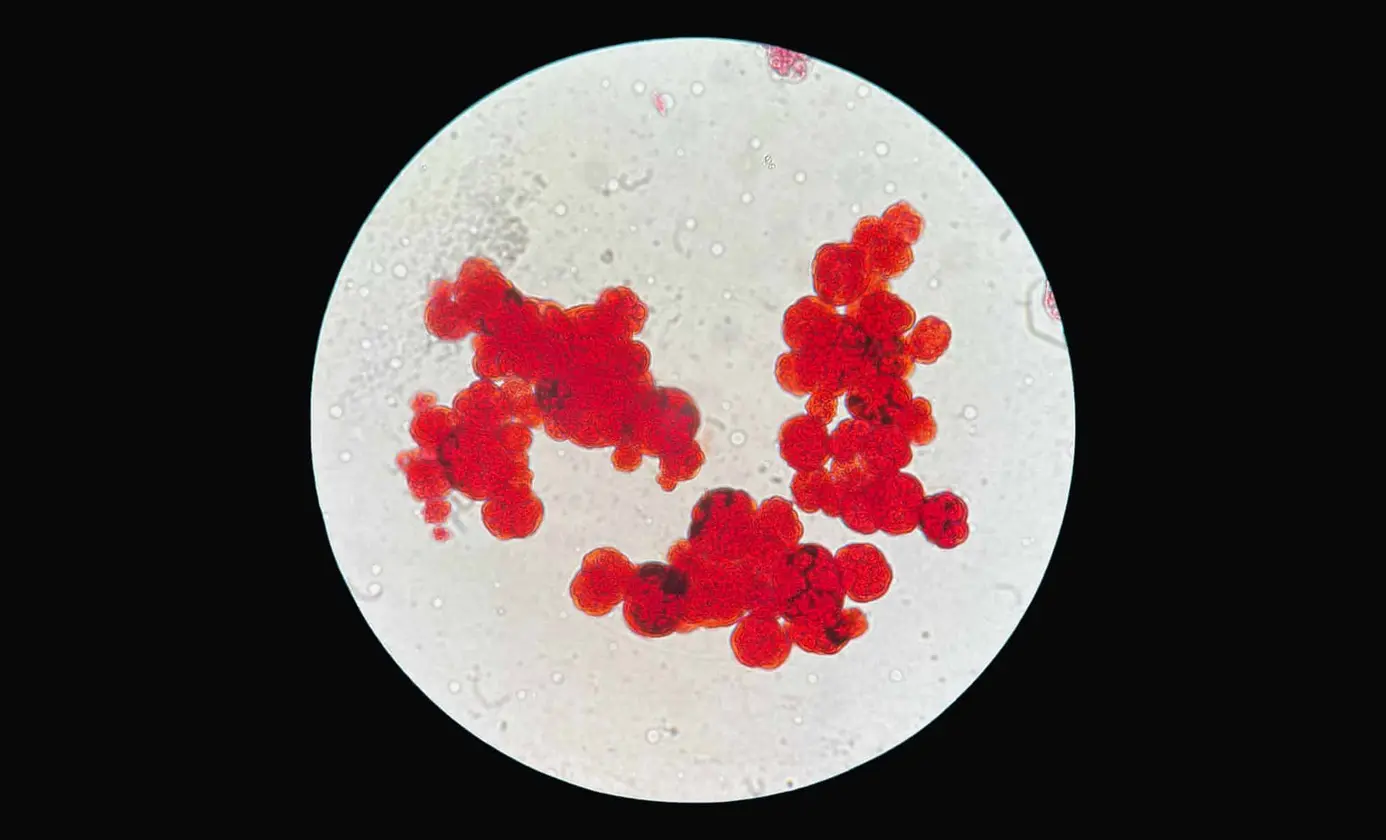T4K3.news
New genetic discoveries linked to ME/CFS announced
A major study reveals eight DNA regions tied to the chronic illness in over 15,000 participants.

A large study of ME/CFS included more than 15,000 people and identified eight locations in the genome linked to the disease.
Eight genomic hotspots linked to ME/CFS in largest genetic study
The DecodeME study, the largest genetic analysis of myalgic encephalomyelitis/chronic fatigue syndrome (ME/CFS) to date, involved over 15,000 participants of European ancestry. Researchers identified eight specific regions in the genome associated with the condition, marking a significant step in understanding its genetic underpinnings. These locations had not been previously linked to ME/CFS, suggesting potential interactions with environmental factors that could increase individual risk. Important genes, such as BTN2A2, linked to immune function were highlighted. However, the results are still in the preliminary stage, having yet to undergo peer review, and they do not directly contribute to diagnostic advancements or treatments.
Key Takeaways
"Our findings will provide credibility and validity to the experience of people with ME."
Sonya Chowdhury emphasizes the importance of the study's validation for ME patients.
"There is an urgent need for studies that target these regions..."
Chris Ponting calls for further research to understand the implications of the findings.
The findings from this research may transform the field of ME/CFS by shifting the narrative from psychological to biological explanations. For years, the understanding of this syndrome has struggled against outdated views that dismissed its physiological roots. With the new evidence pointing to genetic factors, there is hope for further research that could lead to effective diagnostics and treatments. However, the study's design, limited to individuals of European descent, raises questions about its applicability to other populations. The lack of identified sex-linked traits also invites skepticism regarding factors that could affect diagnosis and treatment approaches.
Highlights
- New findings may finally validate the experiences of those with ME.
- This research illustrates the genetic complexity behind ME/CFS.
- Eight genomic hotspots could change how we view chronic fatigue.
- A turning point for ME/CFS research could be on the horizon.
Potential risks in ME/CFS research findings
The findings challenge past psychological models of ME/CFS, which could provoke backlash from some in the psychological community, questioning the interpretation of the syndrome's nature.
This research could be a pivotal moment for understanding and treating ME/CFS.
Enjoyed this? Let your friends know!
Related News

New study uncovers genetic factors in chronic fatigue syndrome

Da Vinci Heart Sketches Open New Chapter in Cardiology

Discovery of four autism types could revolutionize treatment

New diabetes variant discovery could alter treatment

Scientists discover new structures in human cells

Genetic research yields breakthrough for paralysed flu patient

Study reveals potatoes evolved from tomatoes

New microbe reshapes life definitions
